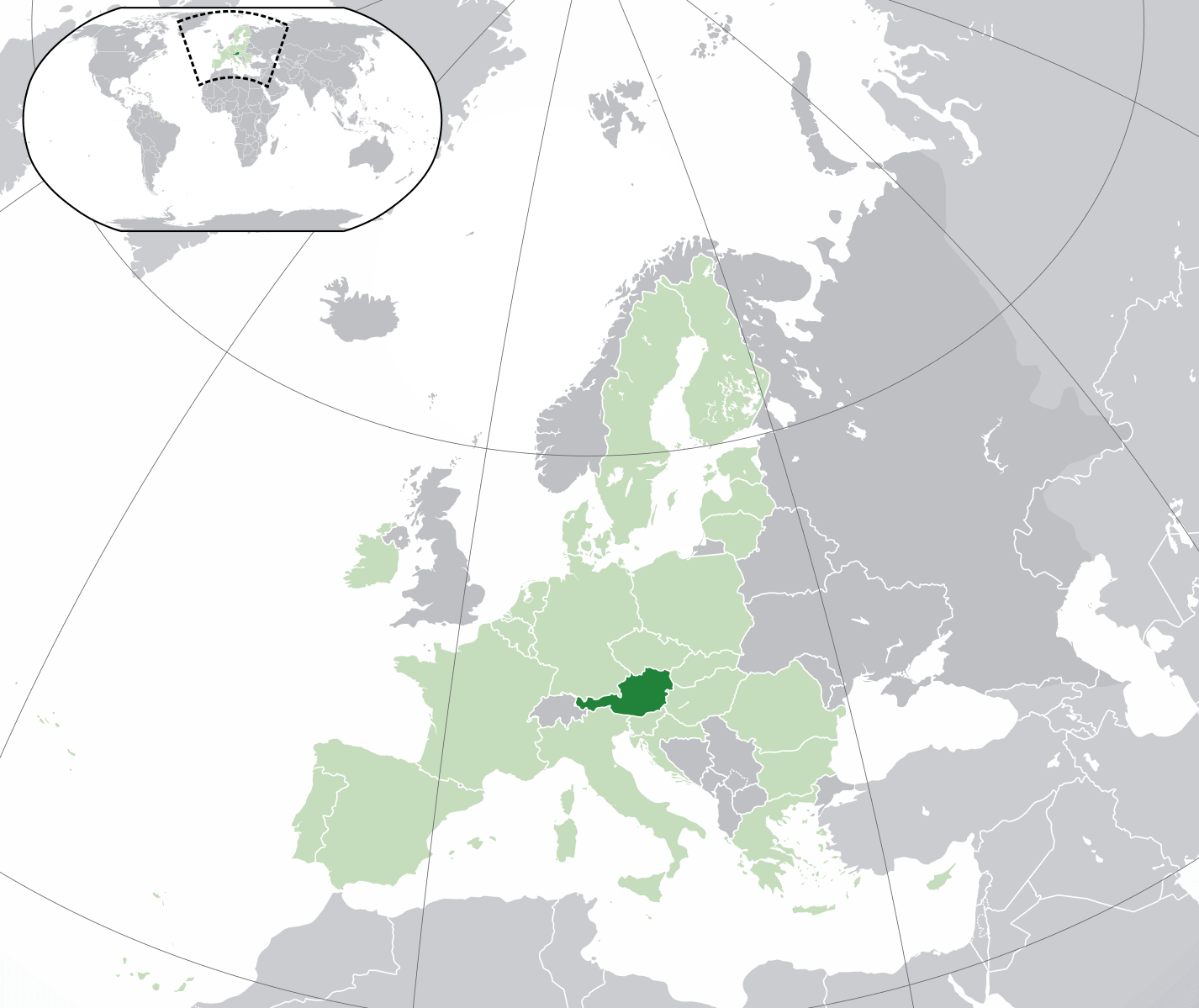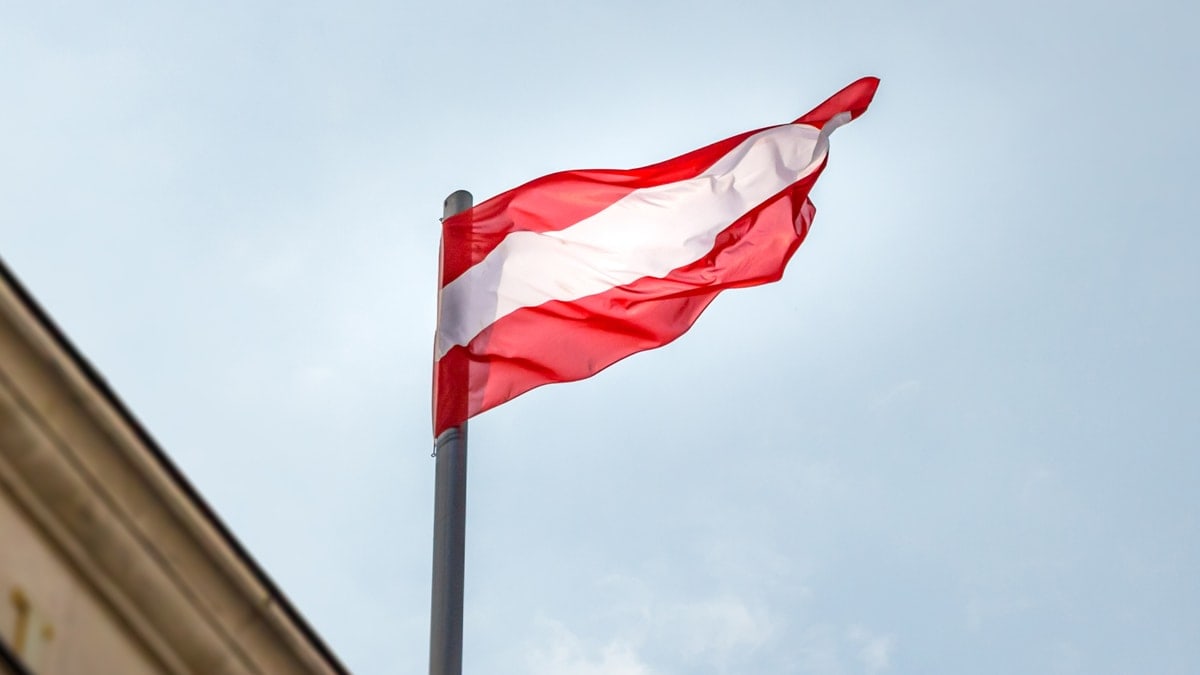Estimated reading time: 8 minutes
Austria is a safe, affluent place to live, with high living standards, excellent air quality, efficient public transport and infrastructure, a good public healthcare system, and highly regarded schooling, with four universities ranked among top global institutions.
While many expats choose to live in the capital, Vienna, with a wealth of culture and architecture, there are plenty of green spaces, with larger homes and parklands around the suburbs and the popular ski resorts in the Alps.
The Austria Private Residence Scheme offers foreign nationals the chance to live in Austria as residents, with visas renewed annually. Quotas are strictly limited to 300 applicants a year and include various requirements and conditions, such as having a minimum amount of liquid funds and a permanent address in the country.
Austria is a full European Union member, meaning residents can travel freely throughout the visa-free Schengen Zone.
Table of contents
About Austria
Currency
Euro (EUR)
Capital
The capital city is Vienna, with a population of 1.9 million, famous for its history, architecture, and cultural attractions, from museums and grand palaces to theatres and opera houses.
Towns and cities
Austria’s largest cities by population are Vienna, Linz, Graz and Salzburg.
Population
8.9 million
British expats
Roughly 11,500 UK citizens live in Austria.
Languages
The primary language in Austria is German, but other languages are common in different regions, including Croatian, Hungarian and Slovenian.
Climate
Austria has a continental climate, where the weather in the Alpine regions is significantly cooler and more likely to feature snow and ice during the winters. Eastern Austria is milder and dryer, with average temperatures of 15.4°C to 26.8°C (60°F to 80°F) in July, compared to -2.9°C to 3.2°C (27°F to 38°F) in January.
GDP
Austria’s Gross Domestic Product (GDP) is $480.4 billion (£386 million), with the main industries including banking and finance, mechanical engineering, electronics, vehicle manufacturing and luxury commodities.
Map

Source: Wikipedia
Austria is a landlocked country in central-eastern Europe, with shared borders between Hungary, Italy, Slovakia, Slovenia, Switzerland, the Czech Republic and Liechtenstein.
Residence By Investment Options
The Austrian Private Residence Program is capped to 300 applicants a year, and due to the limited quota system, only applicants who meet all the eligibility requirements are likely to be approved. Foreign nationals applying for residency in Austria must:
- Provide evidence of liquid funds held in a bank account of at least €40,000 (£34,730), increasing depending on the number of dependents included on the application.
- Demonstrate they have a permanent residential property in Austria, which can be either purchased or rented and is the primary address of the applicant and all dependents.
- Hold sufficient private healthcare insurance.
- Pass a German A1 level language test.
The Austrian consulate processes applications, and once a permit is approved, the applicant must collect a visa from the nearest embassy before travelling to Austria to collect an official residence permit.
Successful applicants must collect their permits within a maximum time frame, and UK nationals need to sign an integration agreement if they intend to live in Austria for two years or more. Residence cards and settlement permits must be renewed every year.
After ten years, legal residents may be able to apply for full citizenship and obtain an Austrian passport. However, they may need to renounce other passports to apply in some circumstances.
Travel
Expats living in Austria as residents can travel throughout the Schengen Area without a passport.
Timescale
Most residency by investment applications are processed within one to three months from submission.
Visas
As part of the EU, Austria permits UK nationals to visit the country without a visa for up to 90 days within any 180-day period, although longer stays and visitors intending to work or study will need an appropriate visa or permit.
Short business trips of up to five working days do not require a visa. Still, travellers will need to provide proof of return tickets, health insurance for the duration of their stay, details of their accommodation and evidence of sufficient finances if requested at the border.
Austria has various types of work permits and visas, and expats relocating for career opportunities are able to apply for a highly skilled worker permit, provided they fulfil a skill listed on Austria’s approved list.
Work permits for up to one year are normally issued to applicants with a professional qualification equivalent to a degree and at least three years of experience in their field. Expats living in Austria must register with their nearest city hall within three days of arrival.
Find out more about Austrian visas, work permits and immigration rules.
Tax
British nationals are normally considered Austrian tax residents if they live in the country for at least half of the year, although they can be categorised as tax residents against other criteria, such as their primary residence and place of work.
Income taxes work on a tiered basis, with the highest bands applied to income above €1 million (£868,000), although earnings of up to €11,693 (£10,153) are exempt from taxation.
Non-residents living in Austria pay income tax only on their income originating in the country, but at the standard income tax brackets and with an additional €9,567 (£8,307) applied to their earnings to determine the relevant band.
Cost Of Living
The cost of living in Austria is fairly similar to that in Britain, depending on whether expats live in the busier tourist ski resorts or central Vienna. Generally, consumer expenses are 5.8 per cent more expensive, although rental prices are 24.6 per cent more affordable.
An average person living in Austria needs a budget of approximately £805 a month, excluding accommodation, to live comfortably, increasing to £2,750 a month for a family of four people.
Property
Non-EU nationals living in Austria are permitted to buy properties, although those who do not have a residency permit will usually need to apply for approval beforehand. Residency by investment holders are free to buy a home, although they may not be allowed to purchase accommodation in limited-access resorts reserved for EU citizens.
If an expat becomes a citizen after ten years of Austrian residency, they can then purchase any property they wish, anywhere in the country.
The Austrian residency programme requires all applicants to provide evidence of a permanent address, which can be rented or owned. Most Austrian rental properties have three-year leases, so requesting a longer lease or purchasing a home once settled may be advisable to avoid breaching the residency visa conditions.
| One-bedroom city centre apartment | €774 / £672 |
| One-bedroom apartment elsewhere | €627 / £544 |
| Three-bedroom city centre apartment | €1,363 / £1,183 |
| Three-bedroom apartment elsewhere | €1,080 / £938 |
View properties for sale in Austria listed with Rightmove.
Healthcare
All foreign nationals applying for Austrian residency through the Private Residence Program must submit proof of private healthcare insurance for themselves and all family members or dependents relocating with them.
After ten years of residence, and in some cases after six years, expats can apply for full citizenship and will then be entitled to access healthcare through the public system, which offers high-quality treatments and facilities funded through the public health insurance scheme.
Employees working in Austria pay automatic contributions from their pay, although healthcare remains free for those with low incomes, retirees, and students.
Austria Residence By Investment FAQ
If a residency by investment applicant breached the terms of their visa, they could potentially lose the right to renew their permit. Residency permits are issued against strict quotas, where a foreign national approved for residency must collect a visa from the nearest Austrian embassy and then collect a formal permit on arrival in the country.
If an applicant could not collect their permit in good time, an initially approved residency application might be withdrawn.When is a residence application rejected?
Residency by investment visas have several eligibility requirements, so failing to comply with the terms or submitting mandatory documents may mean an application is rejected. Foreign nationals applying for Austrian residency must maintain at least €40,000 (£34,730) in cash funds within a bank account or more if they are applying for residency for dependents.
They must also have private healthcare coverage and retain a permanent residential address in Austria, either owned or rented, so they may be deemed ineligible if they cannot provide proof of funds or evidence of accommodation.
Flights between Britain and Austria take around two hours, 15 minutes, with most flights to and from Vienna.
The currency is the Euro (EUR).
No, since Austria is an EU country, UK nationals do not need a visa provided they are visiting for no more than 90 days total within a 180-day period. However, expats and travellers visiting Austria for longer or relocating to work or study will need an appropriate permit or visa.
Related Information
Below is a list of related articles you may find of interest.
Resources
- Austrian Federal Ministry of the Interior – Residence and Settlement: The official website providing information on residence and settlement in Austria. (https://www.bmi.gv.at/en/topics/migration/residence-and-settlement/)
- Austria Global Investment Immigration Summit: A summit organized by the Austrian Economic Chambers providing insights into investment opportunities and residence programs in Austria. (https://investinaustria.at/en/events/2021/Austria-Global-Investment-Immigration-Summit-2021.php)
- European Union – Your Europe: Living, Working, and Traveling in Austria: An official website of the European Union providing comprehensive information for EU citizens living, working, and traveling in Austria. (https://europa.eu/youreurope/citizens/residence/documents-formalities/non-eu-nationals/index_en.htm)
